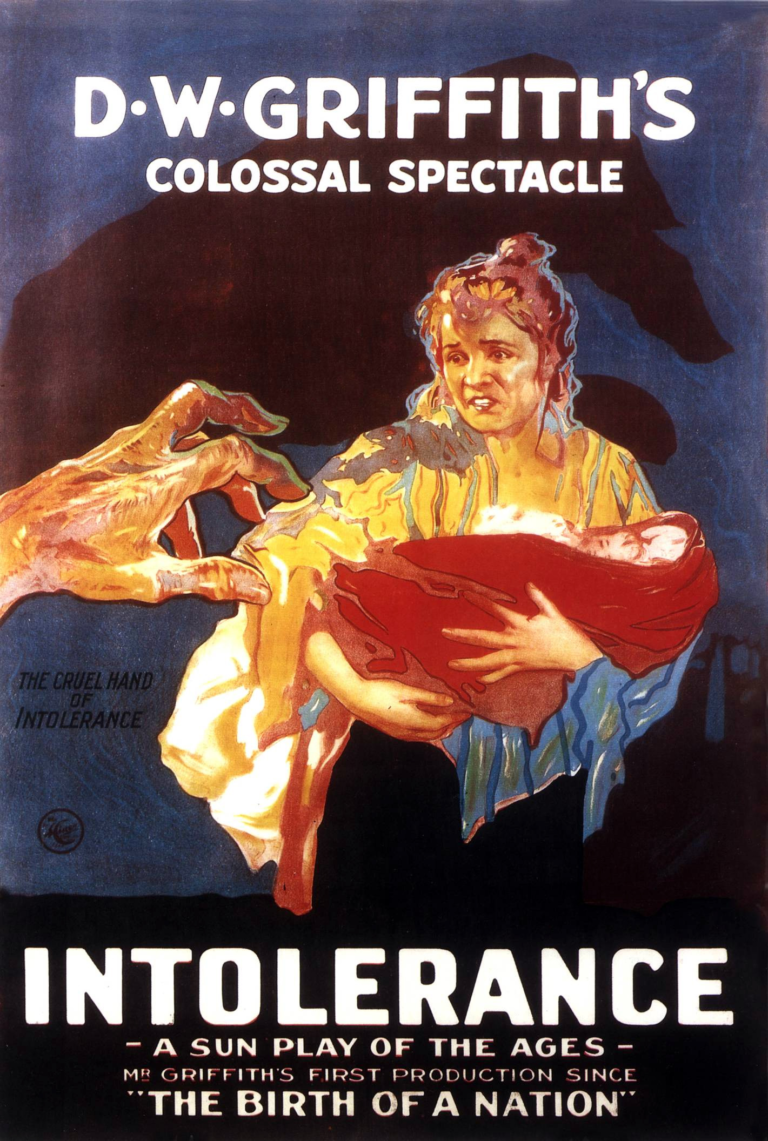Dopesick Christian Review

There’s something about Dopesick that sinks its teeth into you—not in the way you might expect from a drama about the opioid crisis. It doesn’t just tell a story; it demands you live in it. Every frame, every tear, every moment of quiet devastation presses down, leaving you carrying the weight of it long after the screen goes dark. This isn’t a show that plays nice or offers easy answers. It’s first-rate television, yes, but it’s also something deeper: an unflinching exploration of a catastrophe that has reshaped countless lives and communities across America.
A World in Pain
You can’t watch Dopesick without confronting the brokenness it lays bare. From the cold, sterile boardrooms of Purdue Pharma to the raw, coal-dusted corners of Appalachia, this series doesn’t flinch. It refuses to look away from the pain—whether it’s physical, emotional, or the aching kind that doesn’t have a name but burrows deep into your soul.
At the center of this swirling maelstrom is Dr. Samuel Finnix, played with gut-wrenching vulnerability by Michael Keaton. He’s the everyman—your trusted small-town physician who believes in doing right by his patients. When Purdue Pharma’s slick sales reps arrive, armed with glossy brochures and unrelenting charm, Finnix buys into the lie of OxyContin. It’s safe, they promise. It’s non-addictive. What doctor wouldn’t want to ease their patients’ pain?
But pain, Dopesick reminds us, doesn’t go away so easily. It shifts, it twists, and sometimes, it consumes. Dr. Finnix’s journey from belief to betrayal mirrors the larger narrative of America’s opioid crisis, where good intentions were no match for the seductive power of a billion-dollar marketing machine. It’s a painful descent, and Keaton captures every heartbreaking nuance with an authenticity that makes you want to reach through the screen and pull him out of his spiral.
A Cry for Justice
If there’s one thing Dopesick does masterfully, it’s laying out the scope of the crisis. This isn’t just a story about addiction; it’s a scathing indictment of greed, corruption, and the systems that allowed it all to happen. Purdue Pharma’s actions are presented in stark relief—every slick maneuver, every calculated lie laid bare. The Sackler family’s pursuit of profit at the expense of human lives feels almost Shakespearean in its scope: the hubris, the arrogance, the inevitable downfall.
But even as Dopesick exposes the rot at the top, it never loses sight of the human cost. Betsy Mallum, played with heartbreaking clarity by Kaitlyn Dever, embodies the personal toll of this crisis. A young coal miner in a tight-knit Appalachian community, Betsy’s descent into addiction is as devastating as it is inevitable. Her story is raw and unflinching, forcing viewers to confront the real faces behind the statistics.
For Christians, this aspect of Dopesick resonates deeply. Scripture calls us to seek justice and defend the oppressed (Isaiah 1:17), and the series serves as a sobering reminder of what happens when we fail to do so. It’s a call to action—not just to demand accountability from those in power but to extend compassion and support to those who are suffering.
The Fragility of Redemption
Redemption is a thread that runs quietly through Dopesick, though it’s not always easy to spot. In a show that spends so much time in the darkness, the moments of light feel fleeting—but they’re there. Dr. Finnix’s journey toward atonement, Bridget Meyer’s relentless pursuit of justice, even the smallest victories in the lives of those battling addiction—all these moments remind us that hope, though fragile, is never entirely extinguished.
For believers, this theme of redemption carries particular weight. The Gospel teaches that no one is beyond God’s grace, and Dopesick echoes this truth in its own way. It challenges us to believe in the possibility of restoration—not just for individuals but for entire communities ravaged by addiction.
But redemption, the show seems to say, isn’t just about second chances. It’s about the hard, unglamorous work of repair: rebuilding trust, addressing systemic failures, and committing to the long road of healing. It’s a lesson that feels especially urgent in today’s world, where quick fixes often take precedence over meaningful change.
Humanizing the Crisis
One of Dopesick’s greatest strengths is its ability to make the epidemic personal. These aren’t just abstract characters or symbols—they’re real, flesh-and-blood people with hopes, fears, and struggles that feel painfully familiar. The writing gives each character the space to breathe, allowing their humanity to shine through even in their darkest moments.
Take Bridget Meyer, the DEA agent played with fiery determination by Rosario Dawson. She’s the moral center of the show, a tireless advocate for justice in a system stacked against her. But even she isn’t immune to the toll of the fight. Her frustrations, her moments of doubt, her dogged perseverance—they all feel achingly real, a testament to the complexity of her character.
And then there’s Betsy. Her story is perhaps the most devastating of all, not because it’s unique but because it’s not. It’s a story we’ve heard too many times: a young person with their whole life ahead of them, derailed by addiction. Yet Dopesick refuses to let Betsy become a statistic. Through her, we see the full weight of the epidemic—the dreams deferred, the relationships strained, the quiet, insidious way addiction tears lives apart.
Faith Amid the Chaos
For Christians, watching Dopesick is an exercise in grappling with the tension between justice and grace. How do we hold accountable those who have caused harm while extending compassion to those who are hurting? How do we balance the call to seek systemic change with the need to address individual suffering?
The show doesn’t offer easy answers, nor should it. But it does challenge viewers—believers and non-believers alike—to consider their role in the story. Are we bystanders, content to watch from the sidelines? Or are we willing to step into the mess, to be the hands and feet of Christ in a broken world?
A Story Worth Telling
From a purely technical standpoint, Dopesick is an achievement. The performances are stellar across the board, with Keaton and Dever delivering some of the most emotionally resonant work of their careers. The writing is sharp, balancing the personal and the systemic with impressive skill. And while the time-jumping structure can feel disorienting at times, it ultimately serves the story well, highlighting the interconnectedness of the crisis.
But what makes Dopesick truly remarkable is its heart. This isn’t just a story about what happened—it’s a story about who it happened to. It’s a tribute to the lives lost, a call for accountability, and a reminder that even in the darkest moments, there’s a glimmer of hope.
Final Thoughts
Dopesick isn’t an easy watch, nor is it meant to be. It’s a sobering, gut-wrenching portrayal of a crisis that has touched nearly every corner of America. For Christians, it’s a reminder of the brokenness of our world—and the urgent need for justice, compassion, and redemption.
Rating: 8.5/10. Flawed but vital, Dopesick is a powerful testament to the resilience of the human spirit and the necessity of holding truth to power. If you’re looking for a show that challenges you, moves you, and leaves you better for having watched it, this is it.




